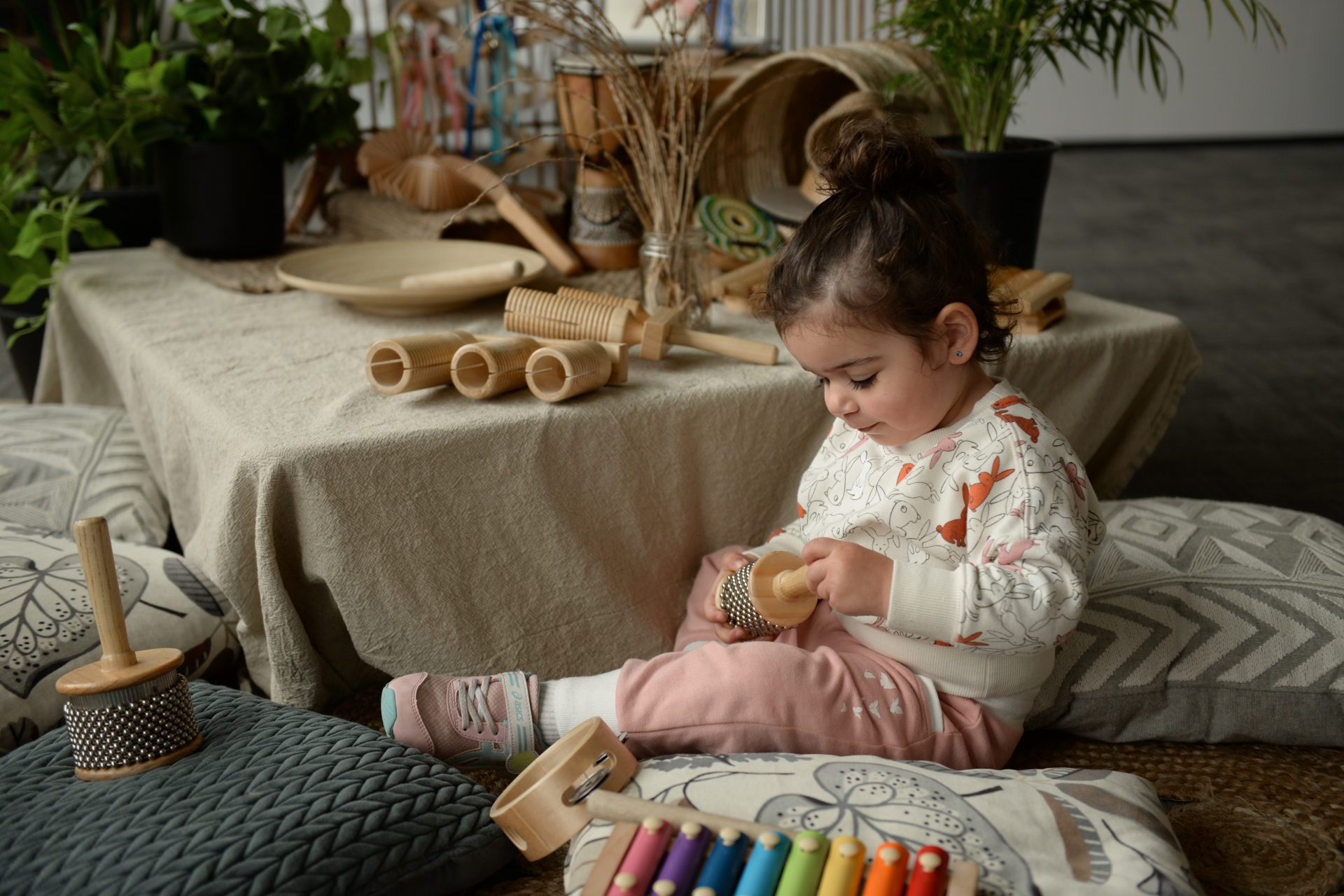
Problem solving is a true life skill – one that depends on the foundations created during the formative early years. Building strategies into preschool learning experiences that promote this is a key element of educational approaches, such as the Reggio Emilia philosophy.
5 Great Examples of Promoting Problem Solving Skills During Early Childhood
Activities that encourage exploration of a challenge are great ways to introduce problem solving at a young age. Encouraging critical thinking can be done in many ways, including asking open-ended questions, using stories that showcase characters working through challenges and fostering a landscape where the child is encouraged to vocalise their thoughts and feelings.
It’s also important to integrate plenty of problem-solving opportunities into everyday life, play and interactions.
Some easy examples include:
- Sorting objects and putting them into piles: Critical thinking begins in the simplest of tasks. You could sort through a mix of buttons, for example, where your child could group them by size or colour. Simple problems, such as. ‘Does the big yellow button go in the yellow pile or the large pile?’, helps form the basis of independent thinking.
- Make an obstacle course: Age-appropriate physical challenges are both fun and thought-provoking. Should they climb over the barrier or crawl under it? How should they turn their body to squeeze through that gap? You can also let your child help build the course, therefore having to analyse what might be an obstacle that’s too hard or something that’s way too easy.
- Den building: This classically fun activity can be as simple or as complex as you like. All it takes is a few cushions and/or cardboard boxes for your child to get creative and start to fashion their idea of an enclosure. Or you could do it outside – perhaps in a wooded area – where your child could collect natural materials and together you could create something more permanent.
- Baking magic: All kids love to help in the kitchen. Let them take responsibility for some simple tasks, such as counting out how many chocolate buttons go in the cake mix or sifting the flour. You could go through the ingredients you have available and let your child think about what they could make. Even if it goes wrong, which many child-led baking tasks have a habit of doing – it opens a discussion about understanding what happened and how to rectify it for a future attempt.
- Using natural objects for art projects: Plan a creative project with your child, letting them know that the main materials will be ones they can find outside. Once they’ve decided, accompany your child on a nature walk to collect items you come across. This is a great open-ended task that will be dependent on the objects they find and how they think they might use them to create their masterpiece. Of course, the eventual piece of art might be something completely different from what was originally planned, which is all part of the fun.
The main takeaway about teaching children problem-solving skills is that there are many, many different ways to encourage this. It’s important to support the child as they work their way through challenges, but also vital to give them the time to come to their own conclusions and – crucially – the chance to make mistakes. It’s only from making errors that they can consider how to do things differently next time to avoid the same thing happening.
At Evoke Early Learning, our early years programmes are committed to helping children build a solid foundation for crucial life skills. The teams at both our Albert Park and Clayton centres embrace the Reggio Emilia approach, allowing children to learn the basics of key life skills through the joy of self-guided play. Discover more about us and book a tour to see us in action.

Tracey is a highly qualified educator and administrator and brings a strong combination of academic achievement, extensive work experience in the education and business sectors as well as drive and passion to her role as General Manager of Operations at Evoke Early Learning.
Tracey has a Master of Education and an Advanced Diploma of Business and holds VIT Dual Registration to teach in Early Childhood and Primary School settings. She’s also a VIT Trained Mentor Teacher and has worked in ECEC settings as a Director, Educational Leader and as a Victorian Senior Area manager. Her recognition as a state finalist in the recent Director of the Year Awards is testament to her achievements in the early education sector.
Her extensive work experience also included a stint as Head of Curriculum at the Royal Children’s Hospital Education Institute and positions as head of ICT at a number of large primary and secondary schools. Tracey is also experienced in not-for-profit sessional kindergarten settings and long daycare environments, so she has a deep understanding of what’s required to support the needs and expectations of young children, educators, parents and caregivers.
Tracey is responsible for operational management at Evoke Early Learning’s Clayton centre in Oakleigh East and their Albert Park centre in South Melbourne and is deeply committed to leading and driving effective and sustainable service delivery throughout the company.
Tracey is passionate about making a meaningful difference to young children, their parents and the wider community and under her expert guidance, Evoke Early Learning is continuing to raise the bar in quality early education and childcare.


